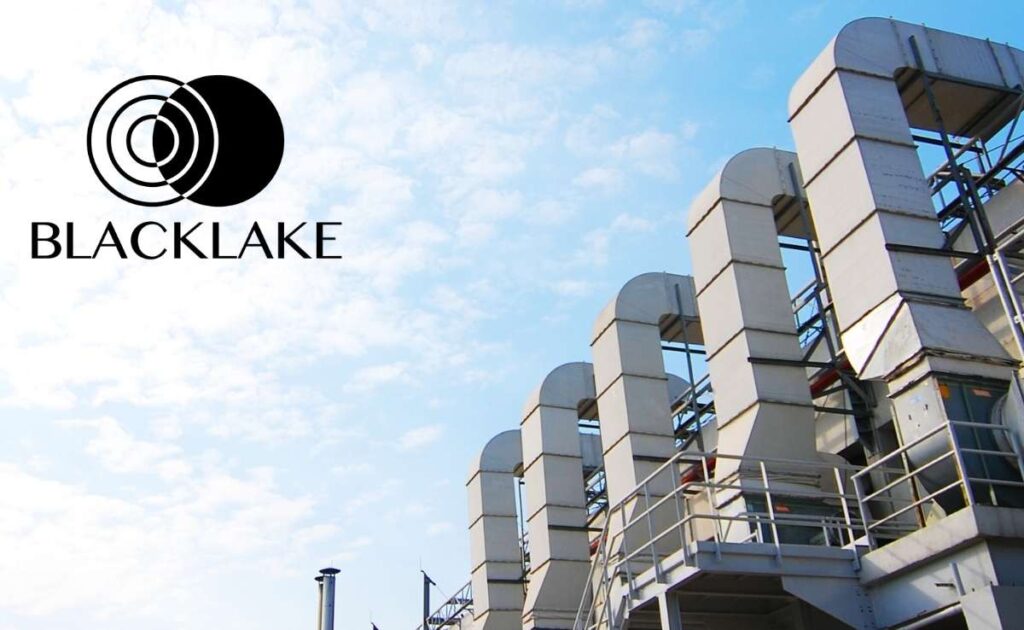Black Lake, is a software platform that allows managers to monitor the factory floor and manufacturing workers to document their daily chores. The firm black lake has raised more than $100 million since its founding in 2016 from GGV Capital, Bertelsmann Asia Investments, GSR Ventures, ZhenFund, and other investors.
Chinese Black Lake 77M
The Software platform for the factory workers named the Black lake has completed a Series C financing, earning roughly 500 million yuan ($77 million), and adding new investors like China Renaissance, Lightspeed Venture Partners, and Singapore’s Temasek sovereign wealth fund, which led the round.
About Black Lake And Its Working
Black Lake’s goal is to become a one-stop platform for factory employees and managers to collaborate by digitizing data generated at every stage of production, including customer orders, material acquisition, quality control, warehouse management, logistics, and shipment.
These reams of data are analyzed by the software, which then generates reports for managers to check for production anomalies and for employees to understand how they may boost their output and income.
Zhou Yuxiang doesn’t fit the mold of a worker in the Chinese manufacturing industry. Zhou, a gentle but sharp-witted man in his early thirties, received his government degree from Dartmouth College and, like many other Chinese expatriates returning home, went on to work in investment banking in Hong Kong.
But after working for a while, Zhou became aware of his desire to launch his own company. Zhou chose manufacturing as a starting point rather than entering the slick world of consumer culture, finance, or AI at this time in 2015 when China was engulfed by a startup craze amid Premier Li Keqiang’s crusade for “mass entrepreneurship and innovation.”
Zhou assisted wealthy Chinese manufacturers to look for merger and acquisition agreements in Europe when he was employed at Barclays. He observed how Siemens and SAP systems are being used by German industries to digitize their processes. “Factories in China had a lot of money and could purchase the best machinery. However, they were still relatively rudimentary in terms of software administration, according to Zhou.
“Workers filled out sheets detailing the materials they had used after receiving a stack of instructions from management each day. “When you acquire these financially troubled plants in Europe, you realize their software infrastructure skills are still considered superior to yours,” Zhou continued.
Wide areas of small and medium-sized factories in China are more likely to be interested in Black Lake’s localized services and reasonable costs than they are in incumbent SaaS providers from the West, according to Zhou. Black Lake aims to make the software’s user interface as easy to personalize for individual users as possible by emulating the building process of a Lego set.
Workers use cell phones to access cloud-based software, which has grown commonplace in China’s wealthy cities as a result of decreasing device costs and bandwidth rates. According to Zhou, Black Lake charges no more than 300,000 yuan a year, compared to at least three million yuan for a foreign SaaS giant’s solution.
To date, the business has worked with almost 2,000 manufacturers and suppliers in Southeast Asia, including Tesla, L’Oréal, Xiaomi, Sinopec, and the pharmaceutical division of China Resources, a Chinese state-owned corporation. The corporation asserts that it has hired 500,000 production workers in total as per chinese software black lake 77m series liaotechcrunch.
Black Lake’s Manufacturing 2.0 Version
Black Lake is experiencing the ideal “upgrading” surge in China’s manufacturing sector. For starters, as consumers become savvier, there is a growing need for tailored items.
For example, beverage firms no longer produce bottled water with the same packaging but instead create a variety of appearances catered to specific groups. A cloud-based data management platform might be the answer, according to Zhou, as factories need to quickly adapt to the influx of customized orders.
Another driving force behind China’s demand for plant modernization is the U.S.-China trade dispute. As a result of trade penalties, Chinese firms are looking to reduce costs and boost efficiency. This change makes Zhou even more confident in his company, as does the government’s “new infrastructure” initiative to inject high tech into conventional industries.
Black Lake is not the only company, however, to have seen potential in China’s efforts to modernize production, and the country’s business software market is known for having a long monetization cycle because of low adoption and firms’ reluctance to pay for services. Finding a workable business plan to support its vision of being the ultimate “data entry point” for China’s millions of companies is crucial.
Faq’s
$100M
Series C
$77M
2016
Zhou Yuxiang

